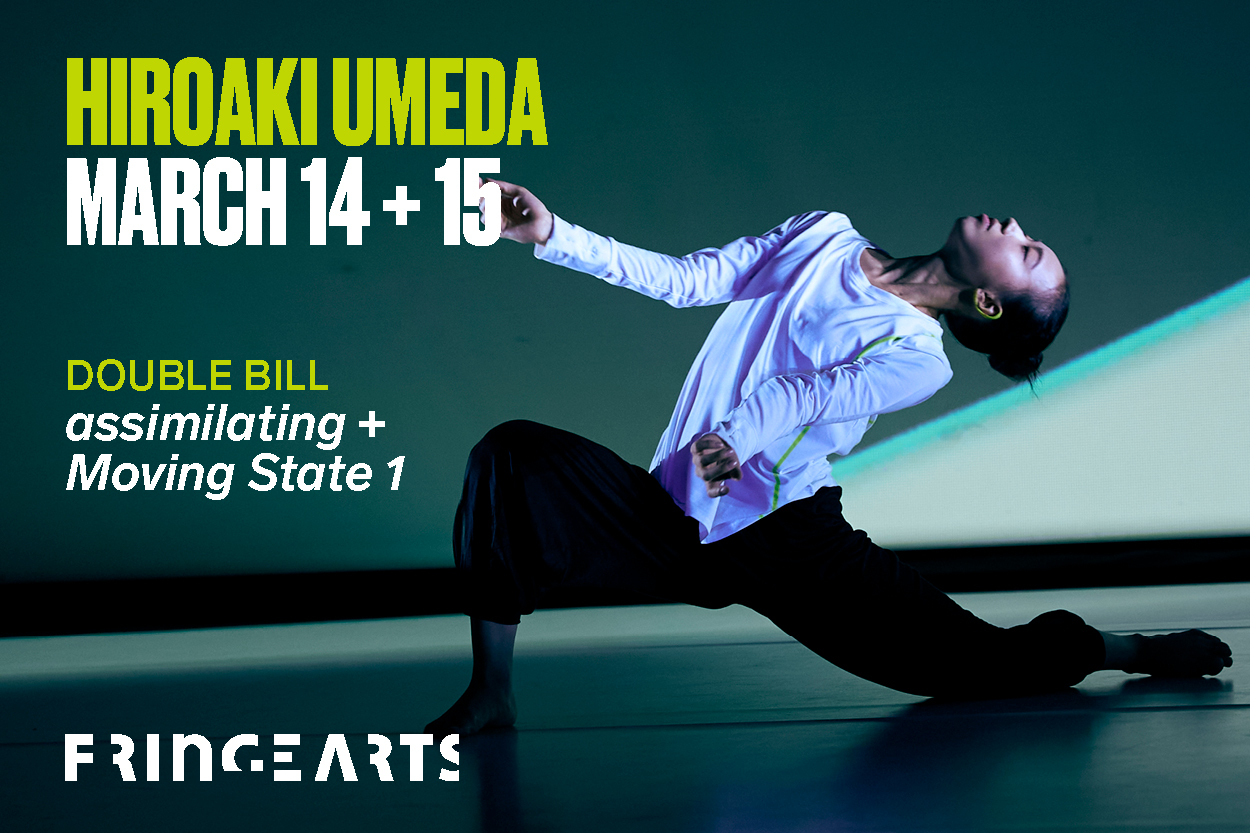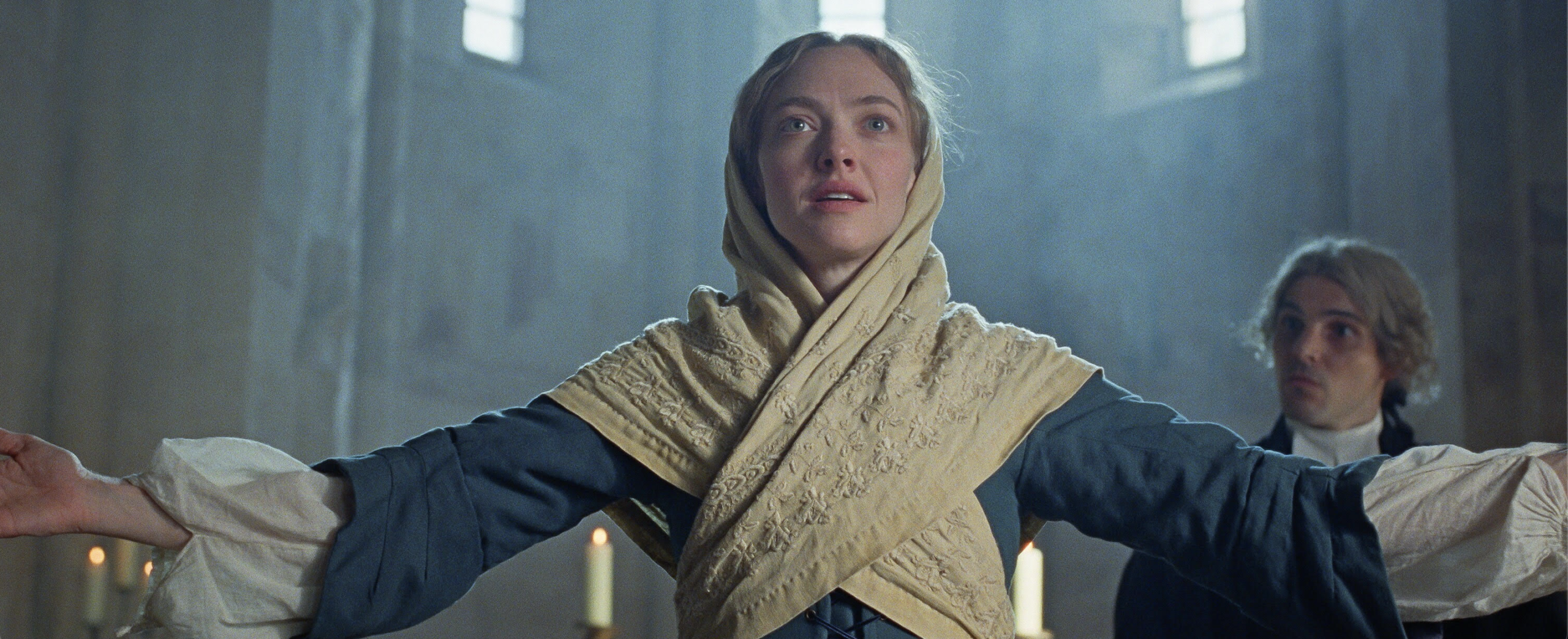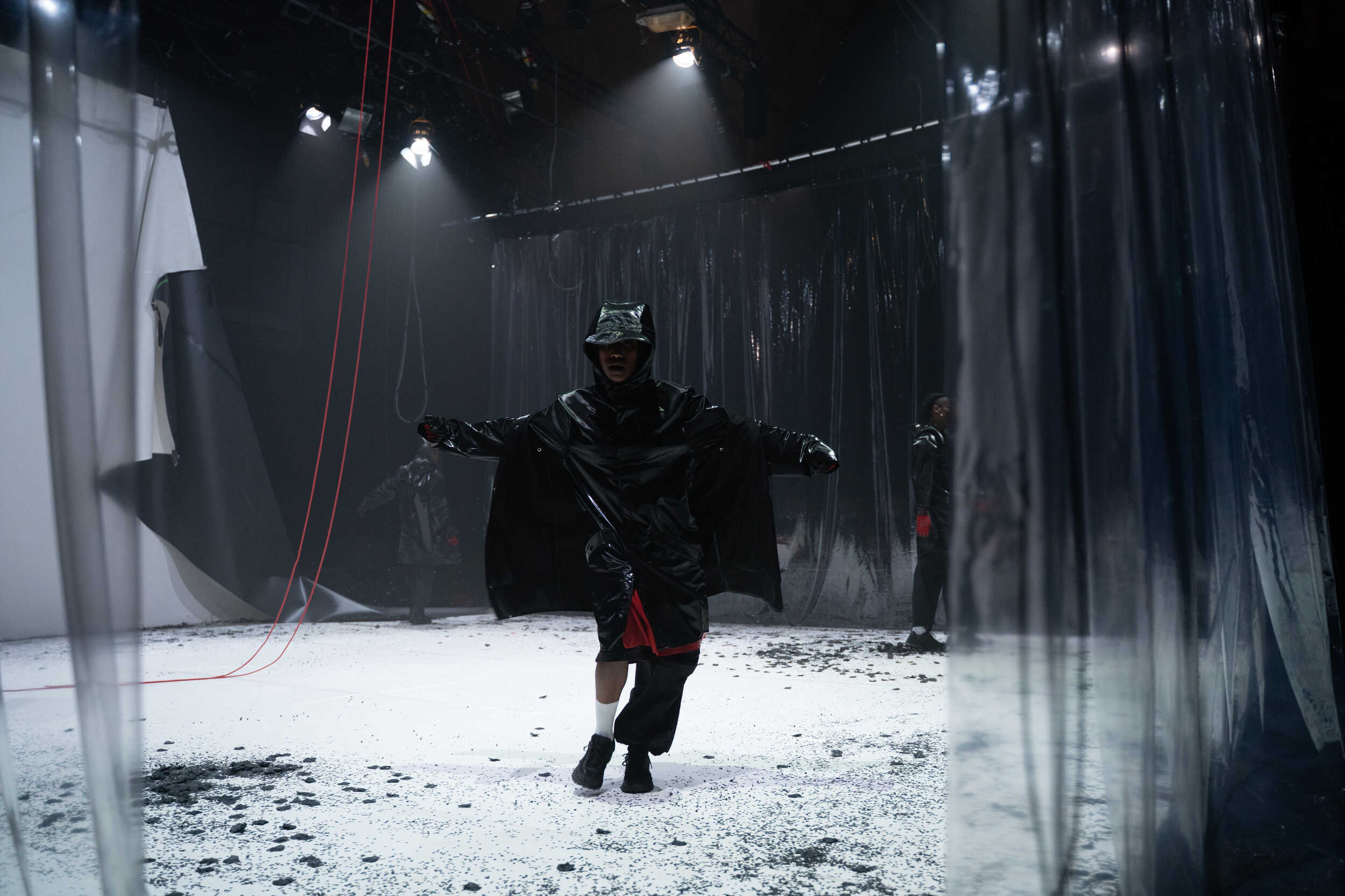In the aftermath of George Floyd’s death at the hands of Minneapolis police, the subject of racial inequality has been brought to the forefront of discussions—and protests—around the world. The dance community is no exception.
In a community effort to address the systemic problem of white supremacy in the dance community, The Dance Union Town Hall for Collective Action: Dismantling White Supremacy within Dance Institutions was held simultaneously June 1 via YouTube and Zoom. To date, the town hall has had more than 5,000 views.
J. Bouey and Melanie Greene served as moderators for the two-hour town hall, which offered sign-language interpretation throughout. They are hosts of The Dance Union podcast, which aims “to unify and amplify marginalized voices within U.S. dance communities.”
Greene was quick to point out that this union is not modeled after a traditional labor union. “We are members of community, from performers and stage crew to administrators, funders, donors who are looking to both nationally and internationally dismantle systems of oppression.
“This town hall’s intention is to hold a space for our dance community to express our righteous anger, to witness our grief and our community, and to synthesize this information into action.”
Based in Brooklyn, Bouey followed by paying respect to the Lenape people, who lived on this land before European settlers displaced them, adding “… if we’re going to talk about dismantling white supremacy we have to hold ourselves accountable to the practices of white supremacy that we benefit from upholding and are complicit in.”
While the timing of the event coincided with global Black Lives Matter protests, the town hall was held in response to Nana Chinara’s May 27 essay, “An Open Letter to Arts Organizations Rampant with White Supremacy.” Chinara is the founder and artistic director of Chinara Rituals, which creates, builds, and practices healing and liberation in Black queer communities through performance. In her letter, Chinara offers more than a dozen action items to help “white-dominant arts organizations” uproot supremacy.
Invited speakers, eloquent and calmly measured in their presentations, included Marýa Wethers, who stated, “it’s important that these white-dominant institutions are posting their solidarity statements with Black Lives Matter … however, if those statements are not included and embedded into your mission statement and your plan of action then it doesn’t really mean that much.”
Participants represented a range of dance styles and ethnicities. Bouey noted that members of the street and club dance communities were invited but declined to speak, referencing a rift that exists within the African-American dance community. They did share a response received from an unidentified representative of those genres: “I would definitely need to see that my art is being held at the same regard as theirs [the genres of ballet and jazz] and not only because I am Black that I am invited.”
Greene encouraged both speakers and audience to repeat their own personal “my dance union has” statement at the close of their comments. Wethers offered, “My dance union has conscious community, collective care, accountability, and action.” The repetition served as a powerful affirmation of the evening’s purpose.
Christine Wyatt spoke from her experience as a university student and as a freelance and emerging artist. She shared her definitions of white supremacy: white terrorism, white denial, and white fragility. Next, Jonathan González spoke, pointing out that many artists also intersect with the homeless, with those lacking healthcare, with undocumented individuals. Their “my dance union” statement was forceful: “My dance union has a demand to free the people, free the land by any means necessary.”
Participants joining via Zoom went into breakout rooms to address specific topics and then share actionable steps with the larger audience. Breakout topics included the impact white supremacy has on dancers’ mental health and the importance of intergenerational conversations. One breakout group was titled “White accomplices moving from affinity to accountability and reparations.” For those watching on YouTube, the town hall became interactive, with moderators responding to comments in the chat feed.
Dancers Ube Halaya, Raha Behnam and zavé martohar djono, referring to themselves as non-Black people of color, presented a collective statement: “We are artists committed to transforming society. We seek to challenge systems of oppression both within and outside our work.” Echoing the sentiment of action was NIC Kay of the Bronx, who makes performances and creates performative spaces. “It is not just about pointing fingers, but thinking about the change that you can make in your life, and in your family, and in your community.”
As if adding fuel to session’s content, Kay closed their speech with: “My dance union has a lighter fluid and fire.”
Organizers held a follow-up meeting June 15, 2020, to review action steps arising from the town hall.
The Dance Union Town Hall for Collective Action: Dismantling White Supremacy within Dance Institutions, YouTube and Zoom, June 1.






